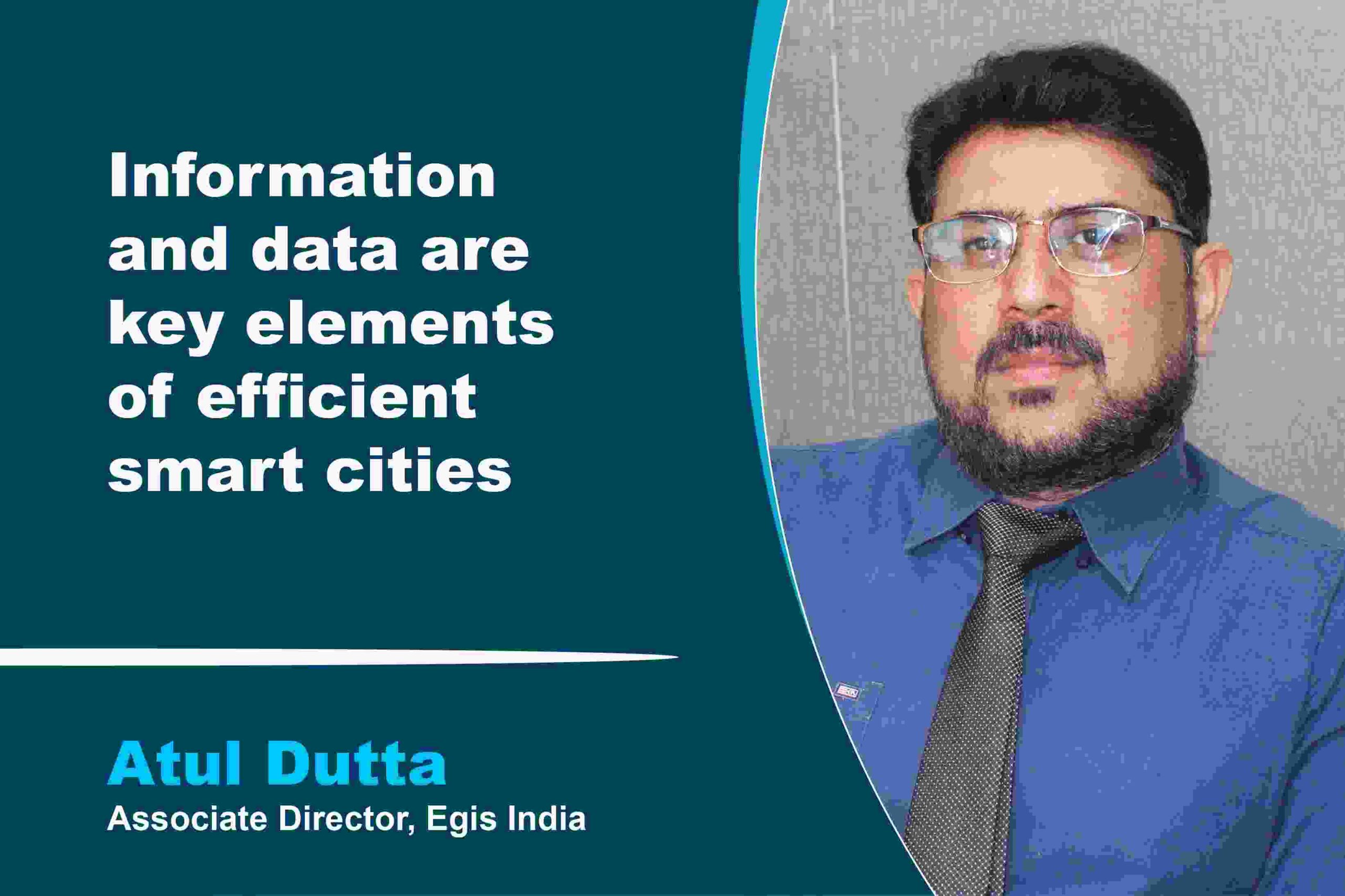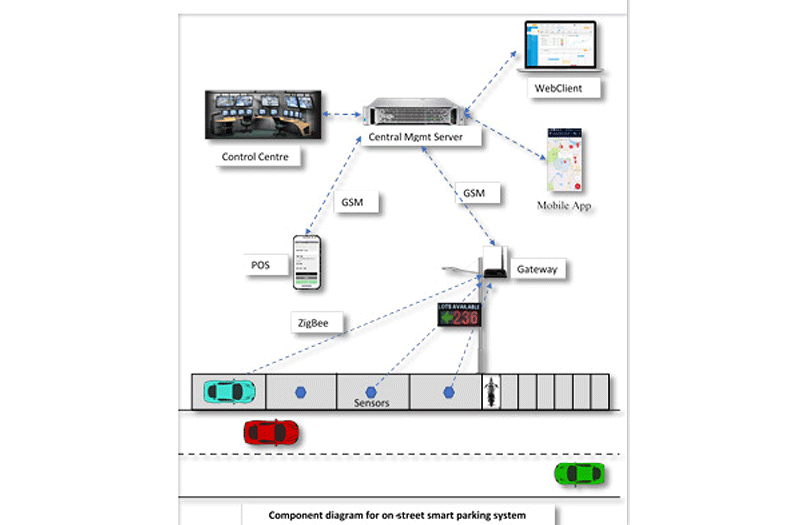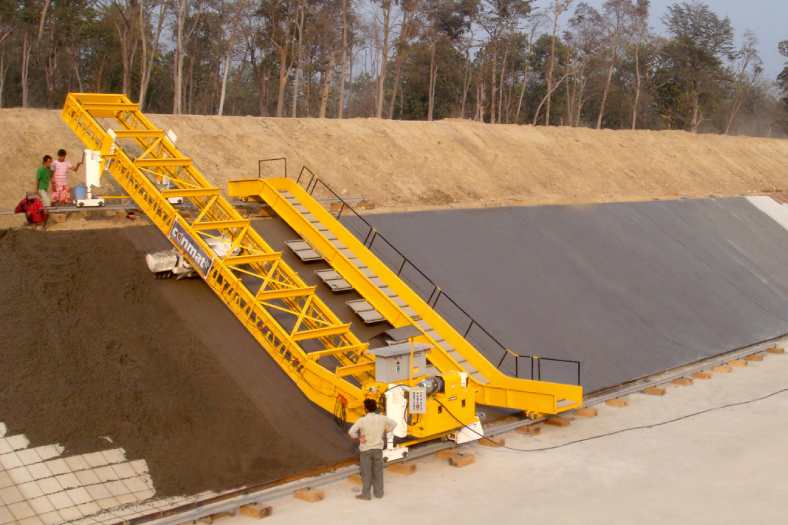Bidding right superior EPC bid management
The in-and-out mechanism for successfully implementing an integrated improvement in EPC bid management
The slowing economy and uncertain policy environment have squeezed order flow in infrastructure projects to a minimum. Hence, EPC (Engineering Procurement Construction) firms are witnessing unprecedented competition for the few new projects. They are under pressure to bid aggressively, with slim or zero margin, to shore up their order book. Optimising effort at the bidding stage is also a challenge. Too much detailing might seem like a waste in the event of losing the bid, while using broad assumptions might result in losses during execution. EPC firms, hence, need robust bid management processes to win the right projects and to execute them profitability, says Shripad Ranade, Mittal Shah and Seema Ghosh of Tata Strategic Management Group.
Slower than expected economic growth, execution issues such as delay in land acquisition and clearances, and the uncertain policy environment have slowed down investments in the Indian infrastructure sector. This has cascaded into weaker order inflow for EPC firms. Weakening of order inflow has been widely reported across all major infrastructure equipment suppliers and EPC players. The order book of BHEL, which is indicative of project activity in the power sector, declined from outstanding order value of Rs. 135,300 crore in FY12 to ` 115,100 crore in FY13, and further slid to ` 108,600 crore in Q1 FY14. Order inflow data from six construction companies shows 3 per cent decline in FY13 over FY12, even after a record fall of 5 per cent in the previous year.
Rising competitive pressure has manifested in sliding operating margins of EPC players. A study of 35 large and mid-size EPC firms shows that operating margin has declined by 1.2 per cent y-o-y in FY13 and is expected to further decline by 0.4 per cent in FY14. (Fig 1)
While it is well known that almost all infrastructure projects see delays in completion, EPC companies still fail to incorporate the cost of time delay into their estimation during bidding. Time delay is one of the key reasons for cost escalation and depletion in profit margins for EPC companies.
Challenges in bidding for EPC projectsWith a lower number of new projects being announced, EPC players have started bidding aggressively for the available. However, aggressive bidding can only be fruitful if the EPC player has a robust bid management process at place. Without effective bid management, EPC companies suffer several challenges. (Fig 2 and Chart 1)
Timely completion of bidsBidding for an EPC project is a time-bound process; speed is important to complete various parts of bidding effectively. There is no time to start from scratch for technical and commercial estimation. Haste may cause companies to fail to consider all factors during bid preparation.
Effective cost estimate for biddingEPC companies mention their scope of work and expected cost of completion while bidding. This becomes binding on the EPC firm, once the project is won. Hence, it is important to have a proper bid management process, so that companies don’t overestimate time or resources required and therefore lose the bid or underestimate efforts and lose money during execution after winning the project. Surprises in scope during execution arise if boundary conditions are not properly defined at estimation. Eventually, project cost will escalate when making amends for missing scope or inaccurate estimates.
Optimised efforts for bid estimatesOrganisations would generally like to complete activities related to bidding with minimum effort as the project is yet to be won. Inefficiency stemming from non-availability of past data or standard templates can increase the efforts required during bidding. To save effort, companies go for thumb-rule based estimation, which may result in wrong estimates. Effort can also be multiplied during bidding, owing to poor co-ordination amongst various functions (engineering, sales, procurement etc.).
Critical success factors for bid management Four factors are critical to the bid manager’s success (Fig 3), which can be expressed as:• Is my bid management process ensuring higher bid win rate?• Am I able to optimise my efforts for bidding?• Are the cost estimates realistic enough, so that I don’t end up losing money after winning the project?• Do I have the right processes to complete the bid correctly and in time?
Integrated approach to bid managementBid-no bid decision makingTaking an informed bid-no bid decision is very important before embarking on the bidding process. Bidding involves high costs in terms of resources and time spent. Hence, careful analysis of tender enquiry, the chances of securing the project and executing it within time, within the estimated cost, the client’s reputation on on-time payments etc. have to be considered in the bid-no bid decision. EPC firms should ensure the above checks are built into the bid-no bid decision making process.
Factoring for time delaysTime delay is a near certain event in infrastructure projects. EPC companies often lose their expected profits due to delays in project completion, which are at times are due to external factors and not under the control of the EPC firm. Hence, an in-built mechanism is necessary in the bidding process to pragmatically assess and quantify the external factors that can affect the project timelines, such as location, client, size of project and other such factors.
EstimationEstimation is the core process of bid management as inaccurate estimates during bidding may result in losing the order, or result in huge cost overruns, if the project is won. It is important to prepare the scope matrix correctly by defining boundary conditions properly.
Risk managementTime and effort can be saved, if proper risk assessment is conducted before submitting a bid for a new project. Incorporating risk management early into a bid can help bid managers deliver a more realistic bid, in terms of time and resource estimation.
The first step is to identify the potential risks. Risks can be identified by reviewing the tender document, through meetings with the client and by brainstorming within the team by exchanging ideas from similar projects, executed in the past. Once risks are identified it is important to analyse their potential impact on various parameters such as project cash flow, project schedule etc., and also whether the risks can be eliminated or mitigated. Based on the impact analysis, risks should be rated on the parameters and an overall rating should be assigned to the project to help in deciding whether to bid for the project or not. Based on the identified risks, adequate contingencies would also be added to the project estimate.
Sourcing market intelligenceDuring bidding, costs are estimated by getting vendor quotations for certain items or by using order prices from recent projects. Sometimes, vendors may quote higher/lower prices of items during bidding phase, compared to actual prices; hence it is important for the procurement function to keep themselves abreast with current market prices, as well as competitors’ pricing models to arrive at a more meaningful cost estimate.
Knowledge management and standardisationTo minimise efforts during bidding and utilise knowledge of similar projects already existing within the company, knowledge management is one of the key enablers of bidding process. Database of past project designs, data sheets, bill of quantities (BOQs) and cost estimations help in optimising resources and improve accuracy of estimate. A robust IT system would ensure easy storage and retrieval of knowledge.
Standard documents are generated in an organisation to reduce the job completion cycle time. For EPC organisations also, effective standardisation facilitates in executing a bid and job in a cost and time effective manner. Standard templates and guidelines for each step of bid management would help in minimising efforts during bidding.
Prerequisites for improving bid managementTo successfully implement and realise benefits, from an integrated improvement in various bid management processes, management sponsorship along with effective change management is required. The prerequisites are:
• Management sponsorship: Support and attention from management along with commitment to sticking by decision rules put in place, encourages better adoption of the improved processes.• Dedicated taskforce: Implementation is facilitated by forming a multi-disciplinary taskforce, dedicated to spearhead implementation of improved processes.• Structured implementation plan: Pilot implementation of a few processes is a good way to buy-in across the organisation. Thereafter, full-fledged implementation can be taken up. This will also make change management effective and smooth.• Program management office (PMO): Formulation of a PMO ensures coordinated monitoring and faster implementation• Training: Formal training packs for the improved processes should be prepared and employees should be trained so as to ensure faster adoption.
Robust bid management helps EPC firms win better projects and execute them profitably. Effective risk management factors in costs for delays and other risks, reducing cost surprises during execution. A pragmatic bid-no bid process helps avoid very high risk opportunities. Operating processes such as standardisation and knowledge management improve pre-bid effort and accuracy.
Management support and organisation-wide buy-in is critical for successfully implementing an integrated improvement in EPC bid management. Once established, superior bid management can be leveraged by an EPC firm to ensure sustainable and profitable growth, despite the issues plaguing the EPC sector.
Cookie Consent
We use cookies to personalize your experience. By continuing to visit this website you agree to our Terms & Conditions, Privacy Policy and Cookie Policy.









